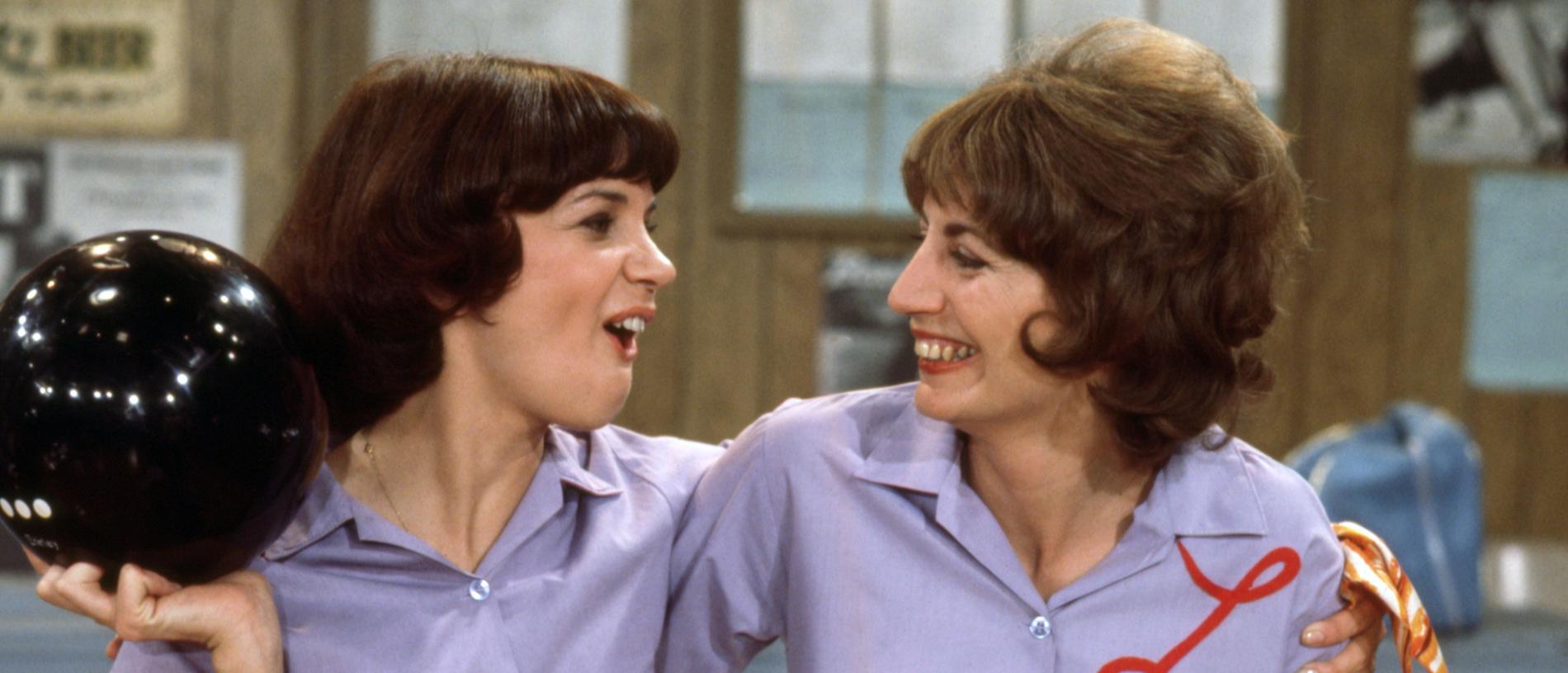“Legendary ‘Laverne & Shirley’ Actress Cindy Williams Passes Away at 75”
The family of Cindy Williams, the celebrated actress renowned for her portrayal of bubbly Shirley Feeney in the iconic sitcom “Laverne & Shirley,” has announced her death at the age of seventy-five. A brief illness was cited as the cause. Her children Zak and Emily Hudson released a statement expressing their immense grief, noting their immense joy in knowing and loving their mother. They remarked that she was outstanding, kind, and gifted with an effortless wit and radiance.

Williams had an illustrious career in the entertainment industry that spanned more than sixty years, but it was her role in the “Happy Days” spin-off series that made her an international superstar. Her presence will be sorely missed.
Beginning her career with a three-episode run on the 1969 program “Room 222,” the late actress Cindy Williams was born in Van Nuys, California, and developed an interest in acting in high school, which prompted her to take theater courses at Los Angeles City College. After appearing in several other shows like “Nanny and the Professor” and “Love, American Style” in the early 1970s, Williams’ career began to take shape when she was cast as Shirley Feeney in the hit series “Happy Days” in 1975. With her co-star, the late Penny Marshall, Williams’ friendship and adventures were the driving force behind the show, which ran for eight seasons until 1983.
The light-hearted “Laverne & Shirley” became a popular hit and was nominated for six Golden Globe Awards, including two for best comedy series and one for Williams in the best actress in a comedy category. Renowned director George Lucas’ 1973 feature “American Graffiti” saw Williams being nominated for the British Academy Film Awards in the best supporting actress category. The film, depicting a group of friends who spend an eventful night together before going off to college, was nominated for five Oscars, including best picture, in the 1974 Academy Awards. Additionally, Williams had roles in acclaimed films, such as George Cukor’s 1972 production “Travels with My Aunt” and Francis Ford Coppola’s “The Conversation” from 1974.

